Shredders: Powerful Tools for Environmental Protection
With environmental issues attracting increasing global attention, shredders, as important environmental protection equipment, are playing an increasingly significant role.
Shredders possess powerful crushing capabilities and can effectively pulverize various waste items. For instance, waste furniture shredders can easily handle bulky sofas, sturdy wardrobes, etc., quickly disassembling and crushing them into fragments that are convenient for subsequent processing, greatly improving the processing efficiency of waste furniture and reducing storage space and transportation costs.
Their intelligent operation is also a major highlight. Shredders equipped with advanced electronic control systems allow operators to accurately control the speed, force, and time of crushing by simply setting parameters on the operation panel. Meanwhile, the intelligent system also has real-time monitoring and fault warning functions. Once the equipment malfunctions, such as overload or part wear, it will immediately sound an alarm and automatically adjust or shut down to ensure the safe and stable operation of the equipment, reducing labor maintenance costs and operational risks.
In terms of environmental benefits, the contribution of shredders cannot be ignored. Taking household waste shredders as an example, they can significantly reduce the volume of waste. After being shredded, the originally bulky waste is greatly reduced in volume, which not only saves storage space but also reduces transportation costs and provides convenience for the reuse of resources. Some waste that is difficult to decompose naturally can accelerate its subsequent treatment process through shredding, reducing potential harm to soil, water sources, etc.
Shredders also play a crucial role in resource recycling. For example, metal shredders can crush waste cars, waste metal products, etc. into small pieces. After screening and classification, these pieces can then be smelted and reused, reducing resource waste and environmental pollution. Waste plastics, rubber, and other materials can also be reused as raw materials to produce new products after being shredded, realizing the recycling of resources and promoting sustainable development.
With the increasingly strict global environmental protection regulations and the growing pressure of resource shortages, the market demand for shredders will continue to rise. It is believed that in the future, shredders will play an even more important role in the fields of environmental protection and resource regeneration, making greater contributions to building a sustainable society.

 CN
CN
 EN
EN
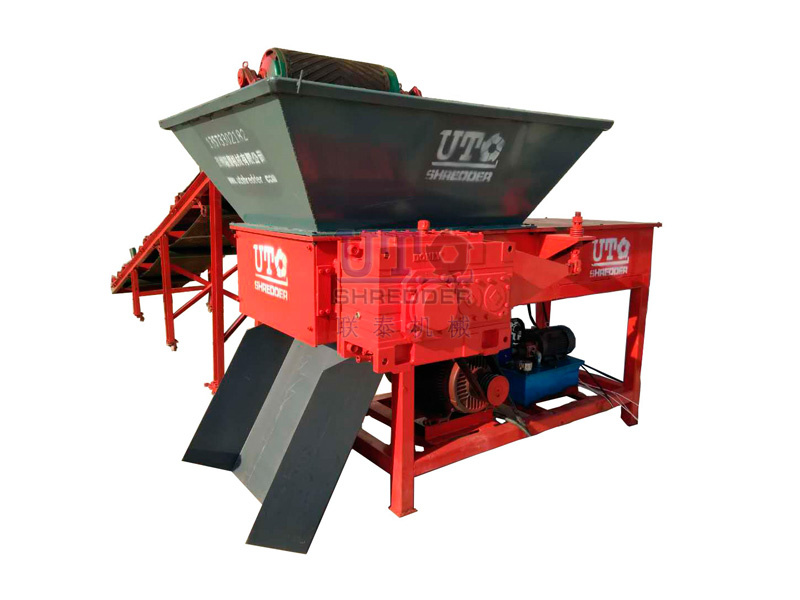
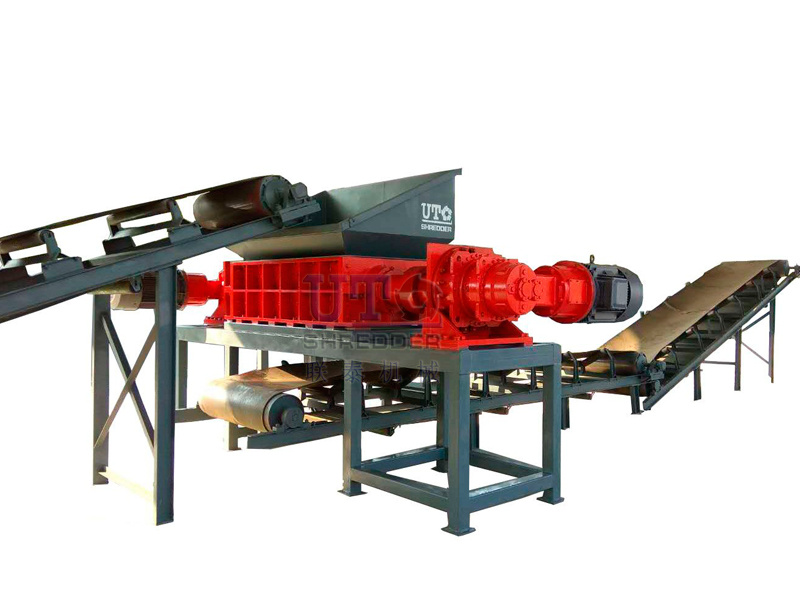
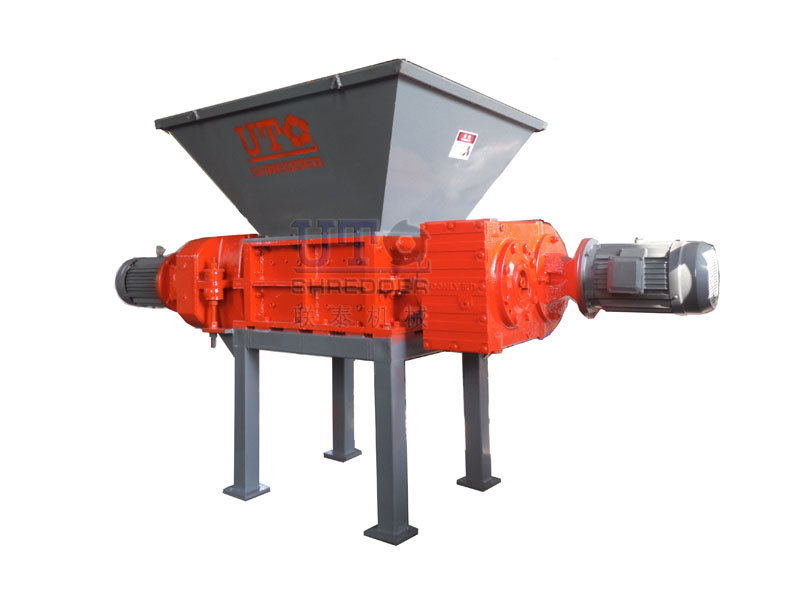
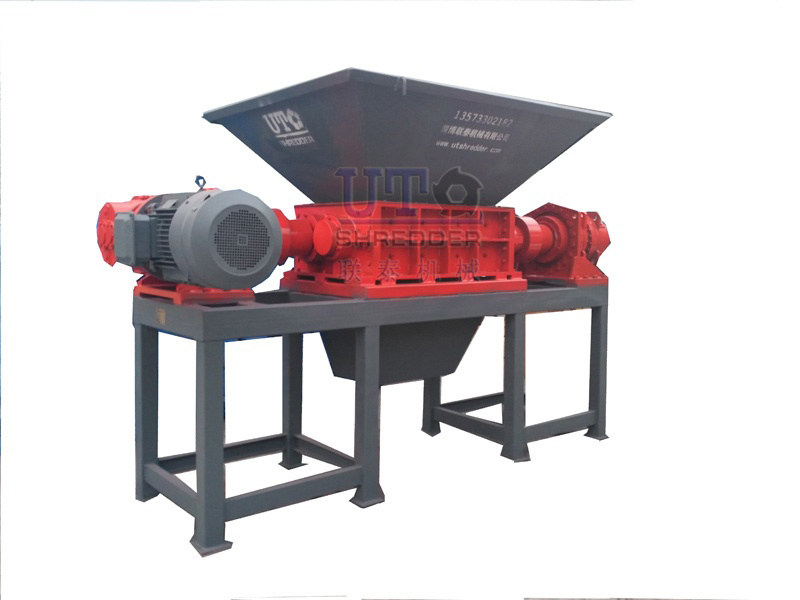
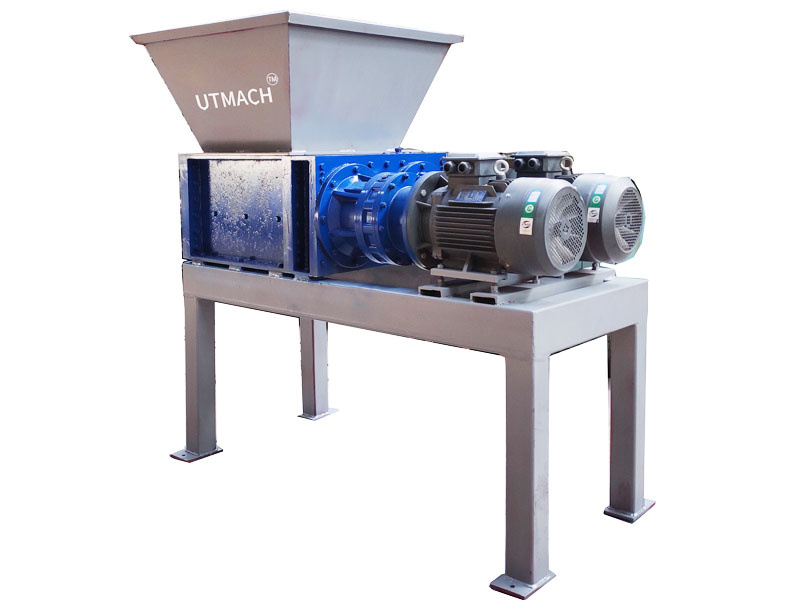
 TEL:+86-533-3588750
TEL:+86-533-3588750 FAX:+86-533-3588750
FAX:+86-533-3588750 MOBILE:+86-18653354363
MOBILE:+86-18653354363 E-MAIL:info@zbutm.com
E-MAIL:info@zbutm.com ADDRESS:No.145 Zhengtong Road,
ADDRESS:No.145 Zhengtong Road,






